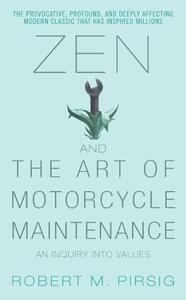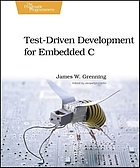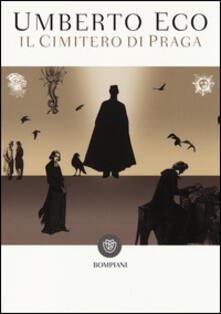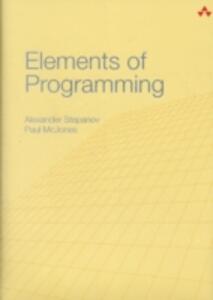 It was a long time I’d like to read Zen and the Art of Motorcycle Maintenance. It came to my knowledge several years ago while browsing hacker culture stuff, like the Jargon File. Regrettably I can’t find now, even with the power of modern web search engines, which reference I stumbled upon.
It was a long time I’d like to read Zen and the Art of Motorcycle Maintenance. It came to my knowledge several years ago while browsing hacker culture stuff, like the Jargon File. Regrettably I can’t find now, even with the power of modern web search engines, which reference I stumbled upon.
I knew that this book has not much to do with real motorbike maintenance (and not much about Zen as well), but motorbike maintenance is used by the author to make his points about a more general pictures. So, when I found this book on the Amazon Kindle daily deals, purchasing it was a no brainer.
The book is about a journey through USA on an old motorcycle. The main character is a dad, traveling with his son. The book is written in first person and is split between the present where the road unfolds before the duo and the past, when the character worked as a University professor, so intelligent and focused that became mad while restructuring in his mind the whole philosophy.
Eventually his journey through philosophical systems ended with an electroshock that turned him into another self. A less introverted person, possibly somewhat less sharp (even if his reconstruction of the thought of the previous self is really deep).
I liked the book, but I cannot define it an eye-opener. Here and there you can find interesting notes and thoughts on issues like technology and people, technology and maintenance, quality. On the other hand, if you are interested in philosophy, you will find this book quite interesting since it tackles about all major philosophers and their systems, applying their thoughts to concrete aspects of life.
[Btw, all these Amazon ads you find in this post (and in the next ones), are just a desperate attempt in recovering some cents to contribute to my website hosting. I don’t want you to but anything you wouldn’t have bought, but if you are interested you can click on the link.]


